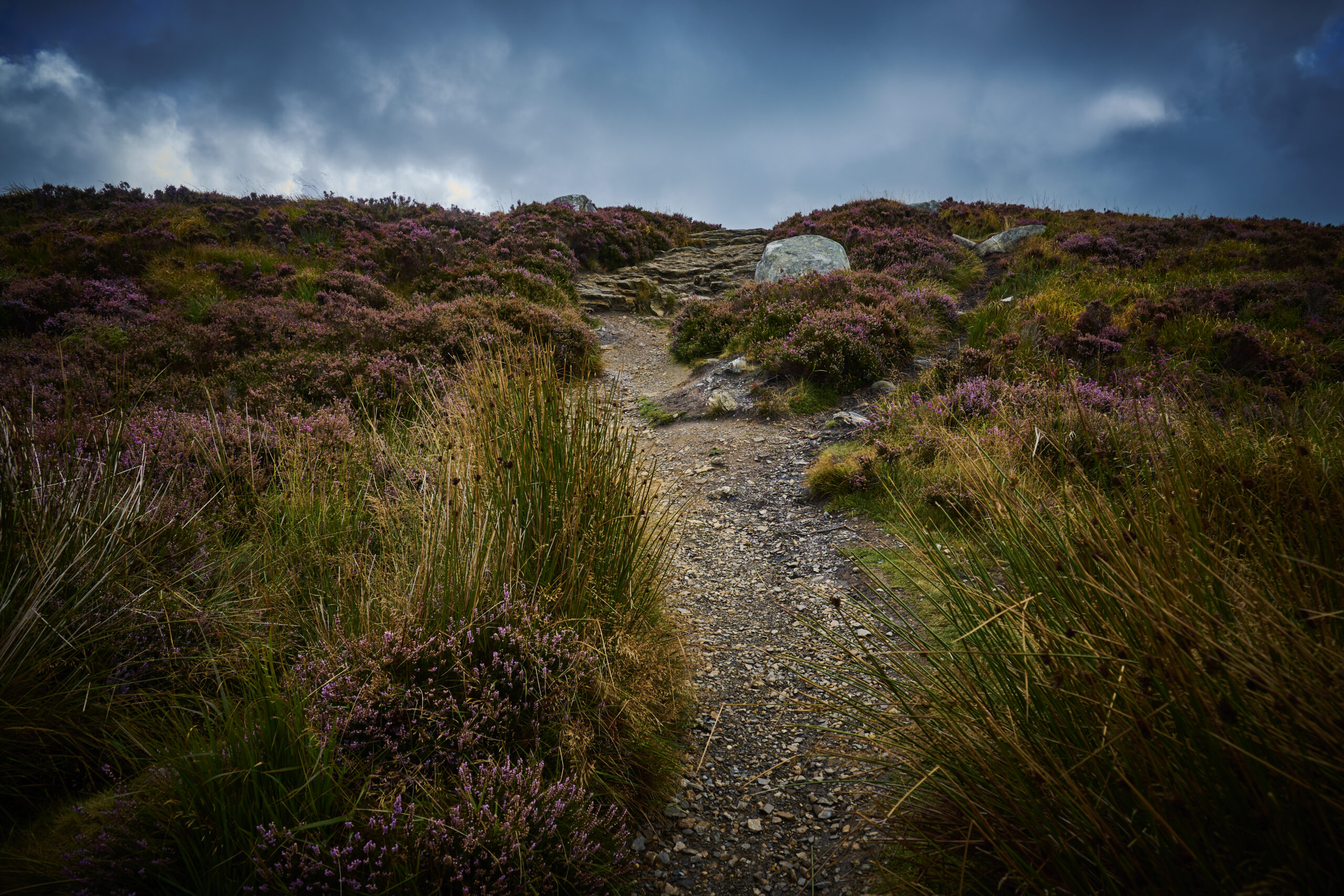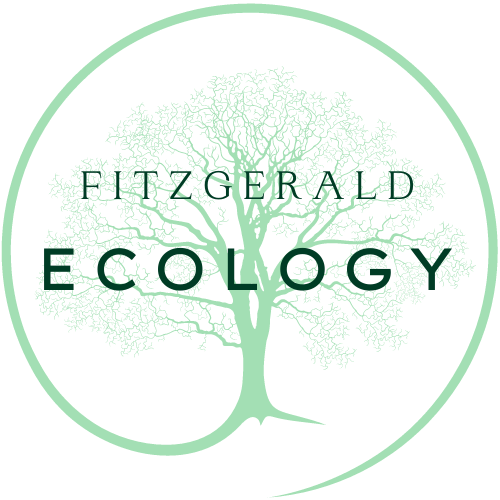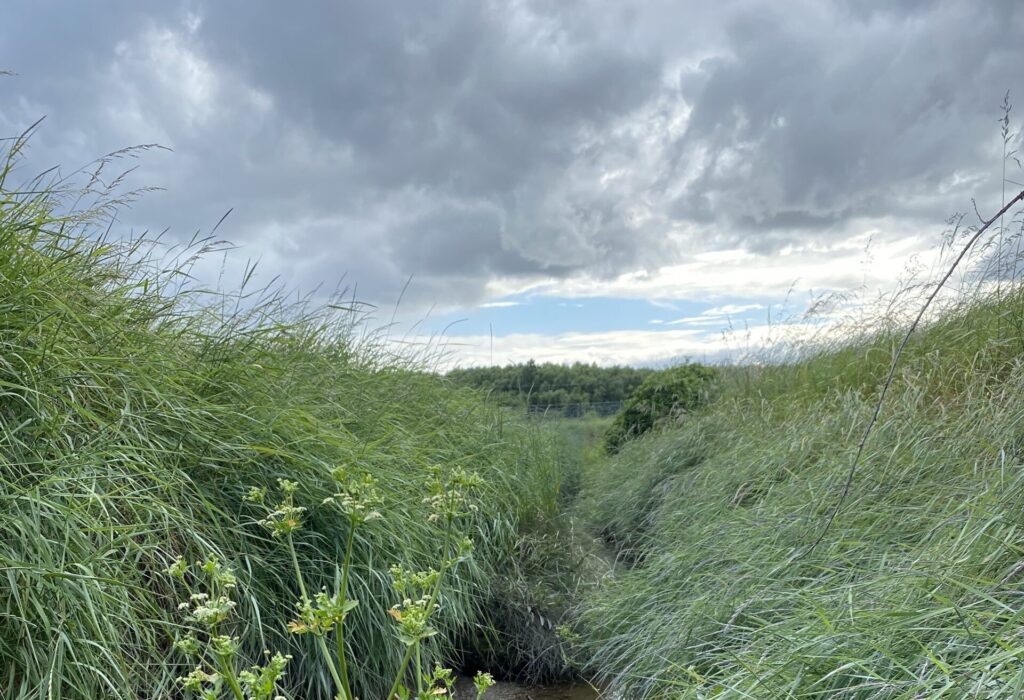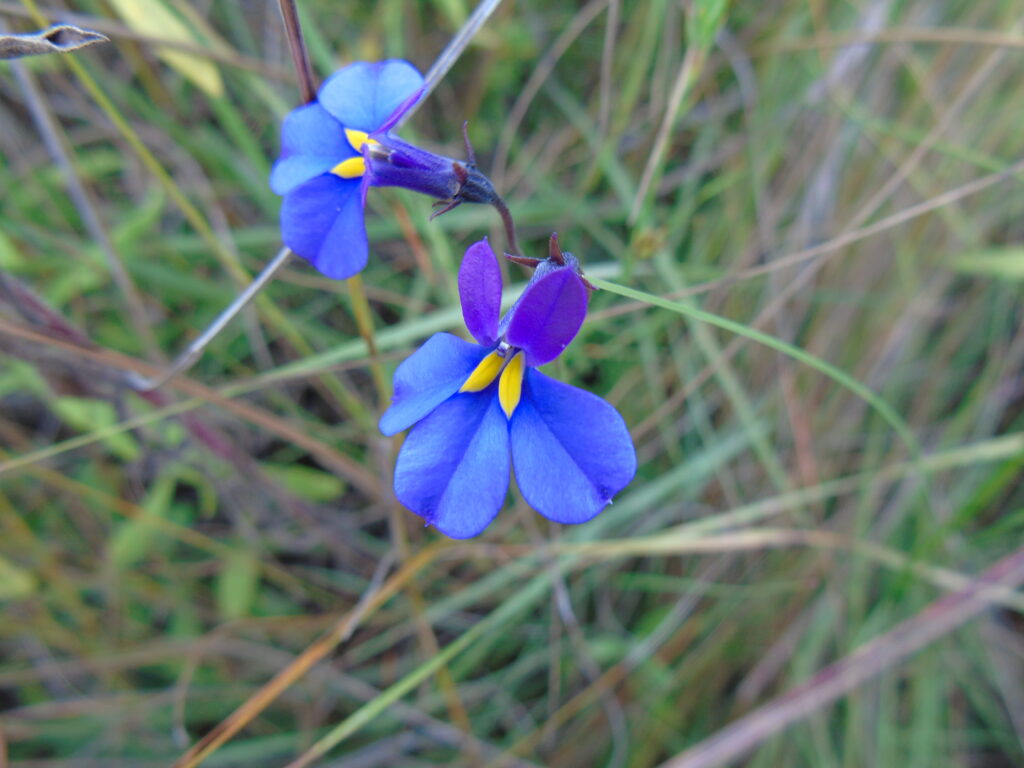Habitat Restoration
In the quest to conserve and restore Ireland’s natural habitats, FitzGerald Ecology’s Habitat Restoration service focuses on ensuring a sustainable future for nature in Ireland.
Understanding Habitat Restoration
Habitat Restoration is a crucial process in ecological management, and is particularly significant in areas where human activity or natural processes have led to degradation. This service is not just about restoring a landscape to its former state; it is about restoring the original ecological processes which allowed these habitats to thrive in the past.
The Significance of Habitat Restoration
- Biodiversity Enhancement: By restoring habitats, we foster an environment where a higher diversity of species can thrive.
- Legacy of Conservation: Our work in habitat restoration is a step towards leaving a lasting, positive impact on Ireland’s natural heritage.
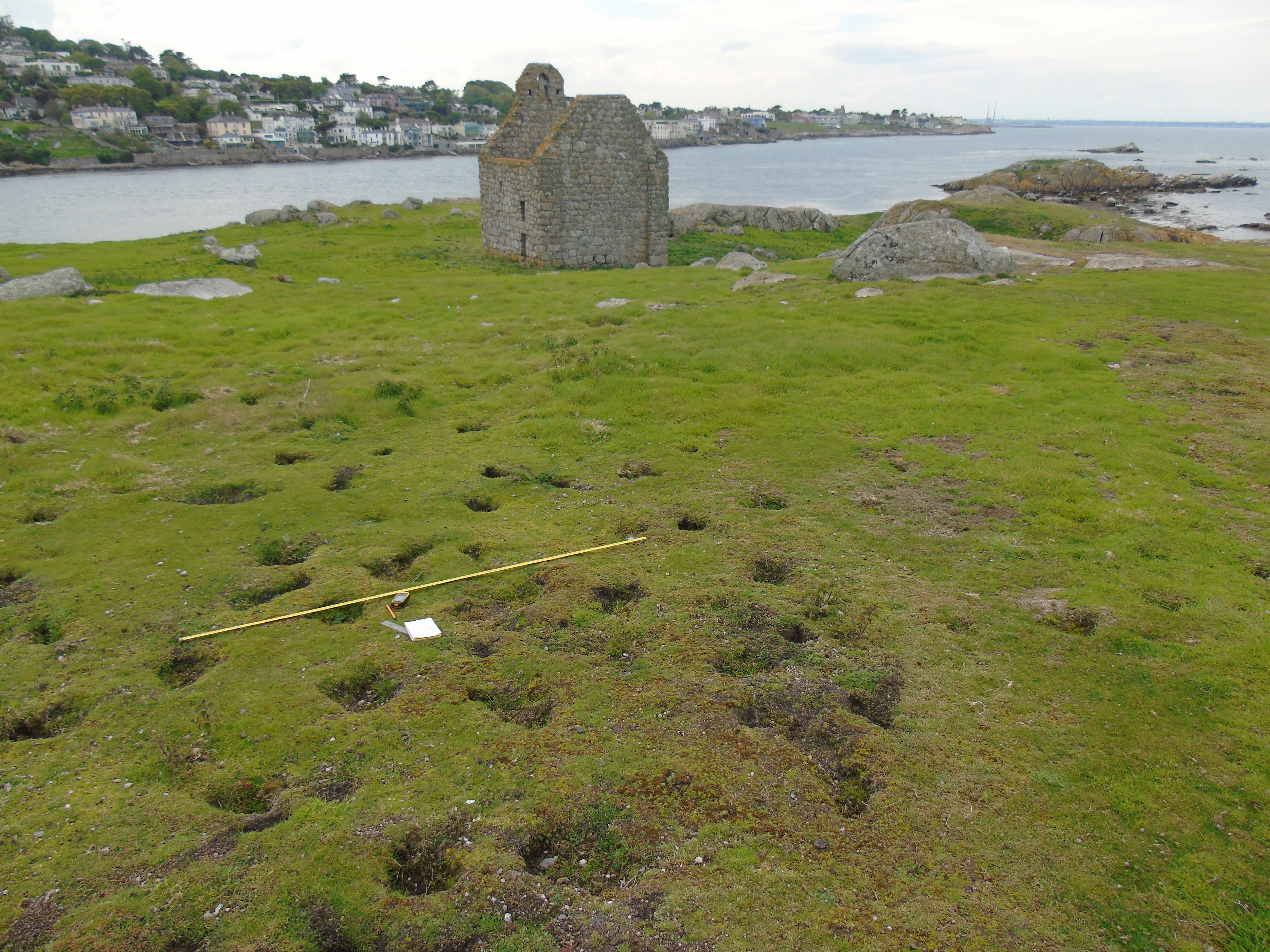
Our Approach to Habitat Restoration
FitzGerald Ecology adopts a meticulous, science-based approach to habitat restoration. Our methodology encompasses several key phases:
Comprehensive Site Assessment
- Evaluating Habitat Decline: We begin by assessing the extent of habitat degradation and identifying the factors that have contributed to the habitat’s decline. National guidance documents from National Parks and Wildlife Service for the habitats in question will usually act as focus points for assessing any decline.
- Baseline Data Collection: Collecting baseline data is crucial in understanding the original state of the habitat and setting restoration goals.
Tailored Restoration Strategies
- Customised Restoration Plans: Each habitat and site demands a unique, tailored restoration strategy.
- Collaborative Efforts: Restoration is a collaborative effort. We engage with local councils, communities, stakeholders, and experts to ensure a comprehensive and effective restoration approach.
Implementation and Monitoring
- Actionable Steps: Our team undertakes and/or advises on actionable steps in habitat restoration, including wetland rehabilitation and ‘green hay’ transplantation methods, depending on the needs of the habitat and site.
- Ongoing Monitoring and Adjustment: Habitat restoration is an ongoing and iterative process. We continuously monitor any progress and make necessary adjustments to ensure the long-term success of the restoration efforts.
Particularly significant in areas where human activity or natural processes have led to degradation
Case Studies and Success Stories
Our portfolio of successful habitat restoration projects showcases our capability and dedication. From coastal salt marshes and sea cliffs to inland wetlands, each project highlights the transformative impact of our restoration work.
Why FitzGerald Ecology for Habitat Restoration?
- Depth of Expertise: Our team comprises ecologists and botanists with deep knowledge and experience in habitat restoration.
- Innovative Techniques: We employ the latest techniques and best practices in ecological restoration.
- Commitment to Sustainability: Every restoration project we undertake is imbued with our core values of ecological conservation and sustainability, ensuring that restored habitats are resilient and self-sustaining.
Partner with Us in Revitalising Ireland’s Ecosystems
Your involvement in habitat restoration can make a significant difference. Whether you represent a conservation body, a governmental agency, a county council or are an individual passionate about nature, your partnership can help turn the tide for Ireland’s degraded habitats.
Email: afitzgerald@fitzgeraldecology.ie
Phone: +353-86-1266-167
